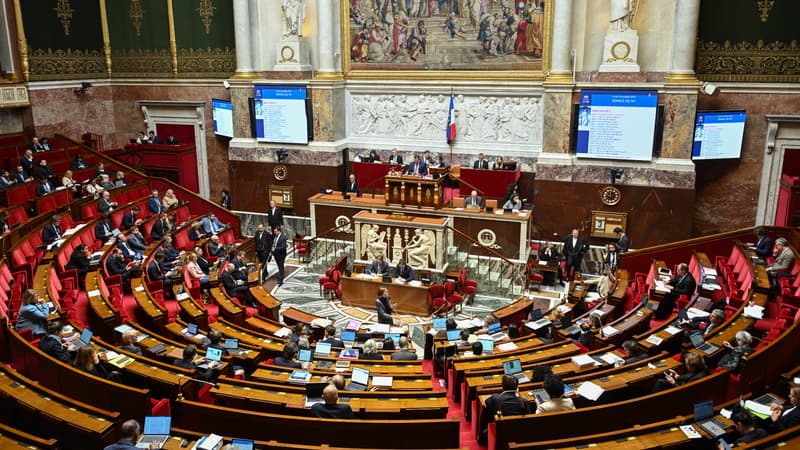New setback for the government of Lecornu II. On Monday night, the deputies rejected one of the most criticized measures of the State Finance Bill (PLF) for 2026. It provides, in article 5 of the text, to subject the per diems paid to people suffering from a long-term illness (ALD) to income tax, as already occurs with patients covered by common law.
Deputies from all parliamentary groups, from La France Insoumise to the National Rally, passing through The Republicans, defended his dismissal, proposed through an amendment presented by the Insoumis deputy of the North, Aurélien Le Coq.
It is necessary to “differentiate certain obsolete tax loopholes that deserve to be eliminated” with “unacceptable measures against patients with long-term illnesses,” said RN deputy Jean-Philippe Tanguy.
For communist deputy Nicolas Sansu, this is “the very symbol of an antisocial budget” that affects the sick more than the ultra-rich, pointing to the government sector’s reluctance to attack tax loopholes that benefit the richest taxpayers.
23 tax loopholes in the government’s sights
The Minister of Public Accounts, Amélie de Montchalin, without insisting on the measure, or even defending it, indicated that the list of fiscal loopholes provided for in the budget is based on existing evaluations, in particular those of the Court of Auditors, which recommend their elimination or reorientation.
In the explanatory memorandum of article 5 of the PLF, the Government considers that the tax exemption of subsistence allowances for taxpayers due to long-term illness is among the largest tax expenditures but whose justification or effectiveness is questionable. And this, in the same way as the tax reduction for secondary and higher education fees or the special rate for B100 fuel in favor of road or rail transport or the progressive reduction of the tax advantage for E85 fuel.
The government recalls that there are currently 474 tax loopholes in France with a total estimated cost of 85 billion euros.
These include in particular obsolete measures that are no longer effective, such as income tax exemption for financial aid for the creation or acquisition of a company, aid to companies affected by the water crisis in Mayotte in 2023, tax credits for the training of business leaders and for the purchase of a company by its employees. The government also deals with small tax expenditures with a small number of beneficiaries and for often limited unit profits: for example, the sums received as part of the award of the Nobel Prize, or even deductions from the expenses incurred by professional athletes for their retraining.
Source: BFM TV


